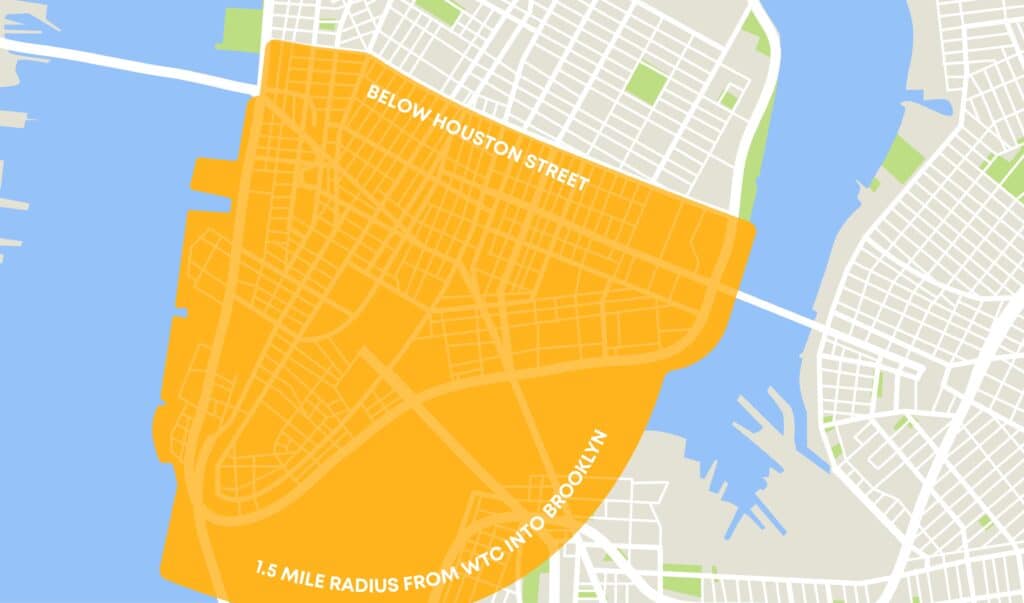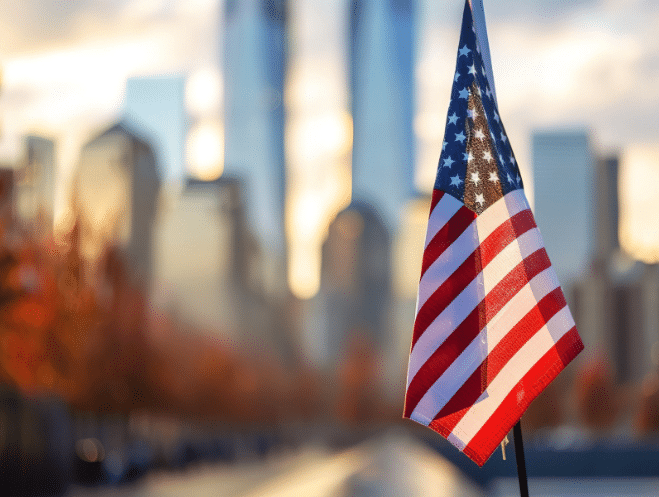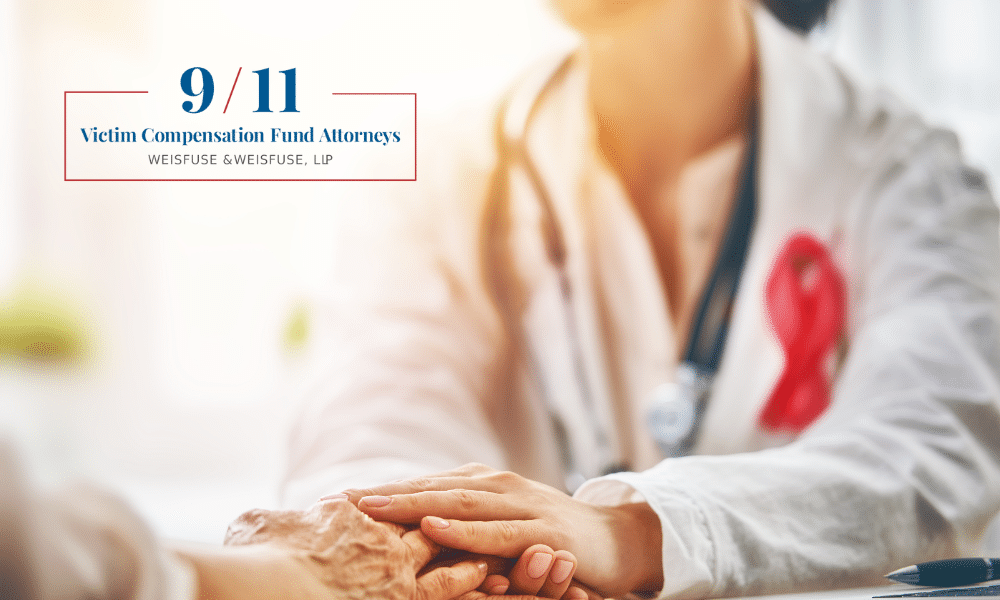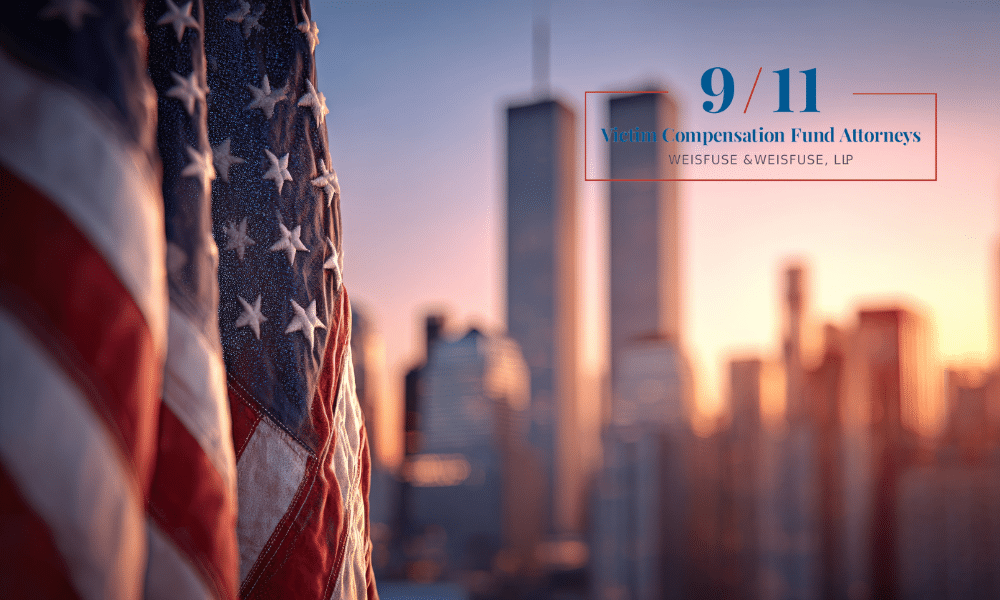
On September 11th, the bravery and commitment of many Emergency Medical Technicians (EMTs) helped survivors and responders in the hours and days after the 9/11 attacks. They were among the first responders to arrive at the scene and begin the difficult rescue and recovery work.
During the cleanup at Ground Zero in the weeks that followed, EMTs also provided critical healthcare support to responders at the scene.
Many EMTs have paid a high price for their heroism, with a 9/11-related cancer or other serious health condition resulting from inhalation of the toxic fumes and dust that hung in the air over Lower Manhattan for months after the attacks.
Medical and financial help is available for any EMTs now suffering from a 9/11-related health condition. This article outlines the assistance available and explains how to access it.
Toxic exposure during the 9/11 rescue and recovery efforts
EMTs worked alongside firefighters, police officers, paramedics, and other emergency services workers in the around-the-clock search for survivors after the 9/11 attacks. They often put their own safety and well-being second to the needs of others impacted by the attacks.
These personnel helped treat the injured (including other first responders) and evacuate those in need. They were unaware at the time that they were inhaling a lethal cocktail of toxic substances that would later impact their health and the health of many colleagues.
Common health conditions suffered by 9/11 EMT workers
The most common health conditions suffered by EMT workers in NYC as a result of the rescue and recovery process at Ground Zero are similar to those suffered by many responders and survivors exposed to the toxicity of the dust cloud.
These include:
- 9/11-related cancer, such as skin cancer, prostate cancer, lung cancer, and over 70 other types of cancer.
- Severe respiratory disorders such as asthma, chronic obstructive pulmonary disorder (COPD), bronchitis, and emphysema.
- Other aerodigestive disorders such as gastroesophageal reflux disease (GERD), chronic rhinosinusitis, etc.
- Skin conditions, such as dermatitis.
- Mental health problems, such as anxiety, PTSD, depression, and sleeping difficulties etc.
Many conditions have been positively linked to inhaling the toxic dust, smoke, and other fumes, while mental health problems have been associated with the traumatic experience of being present during a national tragedy. EMT personnel are more likely to develop these conditions than the general population.
Support available for 9/11 EMTs
Considerable efforts went into setting up programs to help responders and survivors in the wake of 9/11. These came from responders themselves, as well as concerned citizens and governmental representatives, resulting in the James Zadroga 9/11 Health and Compensation Act.
Federal support for EMT workers and other responders/survivors exposed to the toxic dust cloud continues to be available through two main programs.
World Trade Center Health Program (WTCHP)
The WTCHP was established to provide medical monitoring and treatment for any survivors or responders exposed to the toxic dust and debris from the attack and who have suffered a related physical or mental medical condition. Such assistance is available once the individual enrolls and is certified, even if this happens many years later.
Besides responders and EMT workers, cover is also provided for residents who returned to their homes after the 9/11 attacks, as well as workers and students who attended their place of employment or study between the day of the attacks and July 31, 2002.
9/11 Victim Compensation Fund (VCF)
The Victim Compensation Fund provides financial compensation (for both economic and non-economic losses) to families of those killed in the 9/11 attacks and to those who suffered a certified 9/11-related physical illness or injury, due to their presence in the exposure zone between the day of the attacks and May 30, 2002.
Claimants can receive compensation for lost earnings and benefits, out-of-pocket medical treatment, funeral expenses, pain and suffering, and more.
How can a 9/11 attorney help you as an EMT?
There are several challenges when registering with the WTCHP and filing a claim with the VCF—especially if you are suffering from an illness.
Considerable documentation must be submitted to prove one’s presence in the exposure zone (or at a crash site/debris-removal route) during the eligible dates. For VCF claimants, proof of a certified 9/11-related physical illness or injury must be provided. Claimants must register with the VCF and submit a claim before the applicable deadline.
A 9/11 attorney can help EMT workers provide the necessary evidence and complete the paperwork without omissions so that there are no delays either with receiving free medical assistance/monitoring from the WTCHP or receiving compensation from the VCF.
What is the deadline for EMTs to claim 9/11 VCF compensation?
EMT workers, firefighters, police officers, and other responders exposed to the toxic air on 9/11 or in the eight months that followed can still apply for significant compensation for a 9/11-related injury or illness, even if they have not yet made a claim.
It is not too late to have a medical condition linked to 9/11 with the WTCHP and then to claim compensation. The deadline to apply to the VCF is two years from the date that a cancer or illness has been certified by the WTCHP.
Importantly, the two-year deadline does not start “ticking” until the victim is made aware that their condition was linked to exposure to the WTC toxins—rather than two years from the date of diagnosis. Families of responders or survivors who have since passed away from their 9/11-related condition have two years from the date of death to register.
To discuss your situation and learn more about how we may be able to help you, please call Weisfuse & Weisfuse, LLP at 212-983-3000 or contact us online to schedule a free consultation.
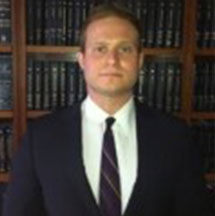
About Jason Weisfuse –
9/11 Victim Compensation Fund Attorney
About Jason Weisfuse –
9/11 Victim Compensation Fund Attorney
Jason E. Weisfuse is a seasoned 9/11 cancer attorney and managing partner at Weisfuse & Weisfuse, LLP, a New York City-based law firm dedicated to representing individuals affected by the September 11th attacks. Since the establishment of the September 11th Victim Compensation Fund (VCF), Jason has been instrumental in assisting first responders, survivors, and families in securing the compensation and medical benefits they deserve.
With a Juris Doctor from New York Law School (2009), Jason brings extensive experience regarding the 9/11 Victim Compensation Fund to his practice. His deep understanding of the VCF and the World Trade Center Health Program (WTCHP) has enabled him to navigate complex claims processes effectively, resulting in substantial awards for his clients.
Jason’s commitment to the victims in the 9/11 community is evident through his active involvement in professional organizations such as the New York State Trial Lawyers Association and the American Association for Justice. He has also contributed to legal discourse with publications in the New York Law Journal, reflecting his dedication to legal excellence and advocacy.
At Weisfuse & Weisfuse, LLP, Jason continues to provide compassionate and knowledgeable representation, ensuring that those affected by 9/11 receive the support and compensation they are entitled to.


